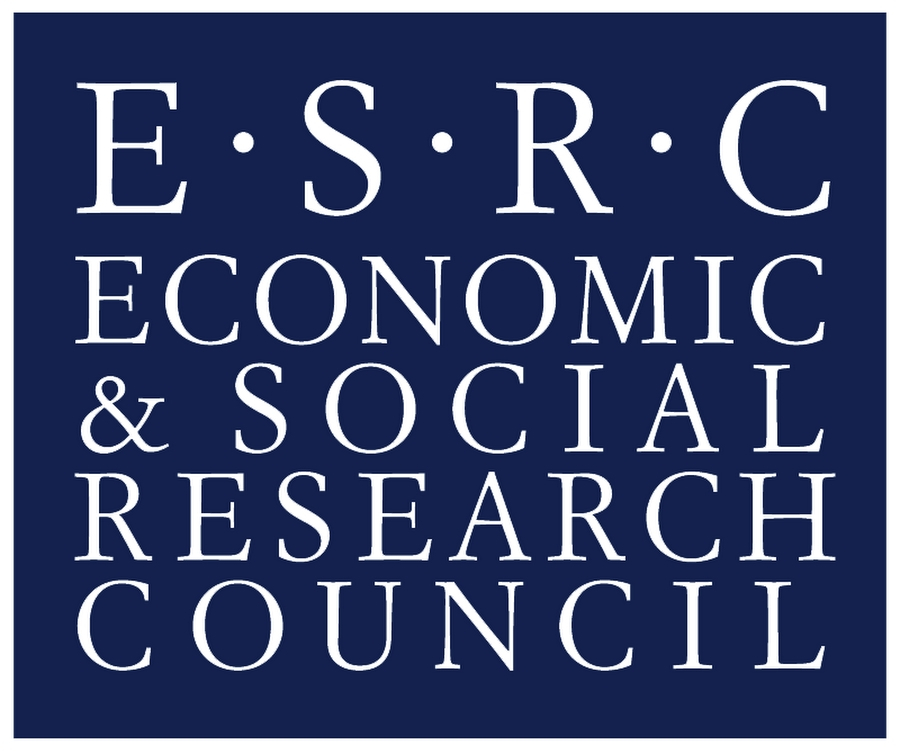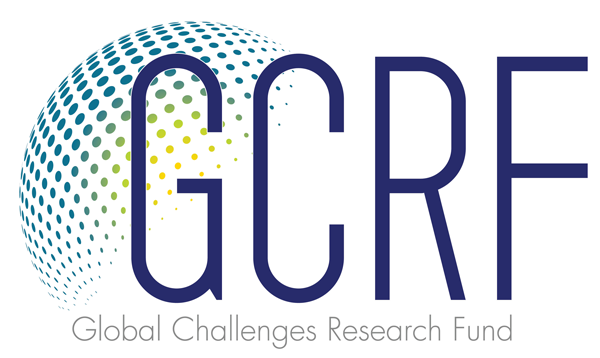
It’s conference season and the ESRC GPID network is running two panels at the DSA 2018 conference showcasing brand new research on structural change and inclusive growth. Join us at one of the top scholarly events in development studies this year!
In a series of recent blog posts and working papers, we have advanced the concept of the developer’s dilemma as a key challenge in economic development. To purse this subject in further depth, the ESRC Global Poverty and Inequality Dynamics (GPID) research network will convene two research panels under the banner of ‘Structural Change, Inequality, and Inclusive Growth: Tensions and Trade-offs’ during the 2018 Development Studies Association (DSA) Conference on Global Inequalities at the University of Manchester, taking place 27-29th June.
The developer’s dilemma is a distributional tension within economic development for many emerging economies. That tension is between two goals. The first goal is the achievement of sustained economic growth, which requires structural transformation of economic activity, characterized by intra- and inter-sectoral reallocations of the factors of production towards higher productivity. The second goal is the spreading of the benefits of economic growth. The former is likely to raise upward pressure on income inequality. The latter requires steady or even falling income inequality ideally.
How to manage this tension between sustained growth driven by structural change and broad-based, inclusive growth is a crucial question. This question will be addressed in our DSA panels, which cover two levels of analysis: i) an overall perspective of structural change in developing countries, and, ii) a diagnosis centred on distributional changes.
The first session will consist of 4 research papers, with the starting point being a theoretical and empirical examination of the two-way relationship between structural change and innovation, as well as the potential effects of social inclusion. The first presentation will pave the way for a discussion on both a theoretical relationship between structural change and rural-urban migration, and an empirical analysis of the social implications of moderate productivity growth from structural change in Africa. This session will close with an analysis of the role of macroeconomic demand-side policies that are crucial for the manufacturing sector growth in supporting structural transformation in low-income countries.
The second session, also made up of 4 papers, will focus on the distributional changes from structural transformation, both at the macro and micro levels. In the first case, and in the context of India and Sub-Saharan Africa, this session will discuss the extent to which structural change has been accompanied by changes in inequality, and the factors that might explain the differences in the share of economic gains accrued to the poorest. Then, at the micro level, this session will analyse how, in what magnitude, and by what determinants the structure of household and individual incomes has changed in the rural sectors of India and Indonesia.
The ESRC GPID research network encourages PhD students and early career researchers to join and participate in these and the wider conference discussions. Registration for the conference is open at this link.
Eduardo Ortiz-Juarez is a PhD candidate at the Department of International Development at King’s College London, and Research Associate at the Commitment to Equity Institute (CEQ), Tulane University.

